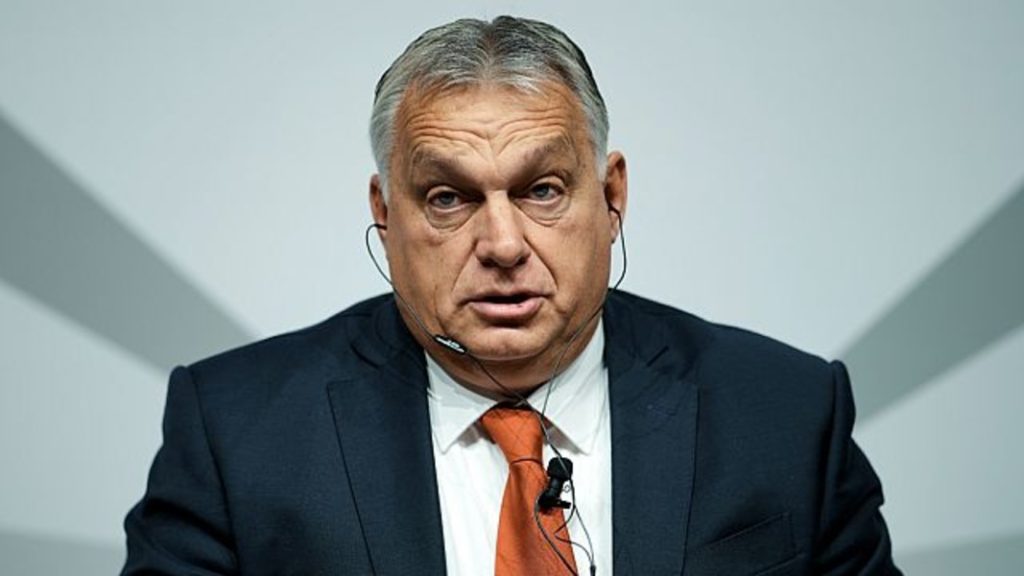After the European Parliament election, many political leaders in Europe are either in deep shock or perplexed, which cannot be said about the Hungarian Prime Minister Viktor Orbán. Even during his “political life,” being a nationalist to the backbone, he witnessed the revenge of European populists.
Moscow has strongly praised Orbán. Russian propagandists unanimously began to call him a prominent figure, almost a future influential force in Europe under shaky positions of the ruling parties and leaders of France and Germany.
We must pay tribute, the old “apparatchik” Orbán immediately stepped forward and reached an “agreement” with the head of the Alliance Jens Stoltenberg on a “privilege” position in NATO. Namely, Hungary would not block NATO decisions on Ukraine, in exchange for certain guarantees.
This principle of voluntary participation in NATO operations to support of Ukraine, promoted by Orbán, creates loopholes for those who “doubts and hesitates.” Given that Stoltenberg, most likely, will leave his post, Orbán’s position is a “time bomb” for the entire Alliance in the future.
The media stresses, the success of populists in the European elections may provoke “refusal” to implement previously made political decisions. If leaders change, their successors may well cancel controversial or unpopular decisions, even on sensitive international agenda.
Obviously, the new NATO Secretary General will also have to deal with this “cancellation” incident, taking into account Hungary’s “special” position on conceptual issues of the Alliance’s activities.
The fact that Orbán “negotiated” “special” conditions” for Hungary can cause bewilderment among those who are accustomed to considering him a “client of Moscow.”
However, this is absolutely wrong. Moscow is now busy searching for ways out of increasing sanction regime and international pressure. Putin’s Press Secretary Peskov said: “The Kremlin is thinking about how to act after new US sanctions” // Kommersant. RU
One gets the impression that Russia has weakened control over its allies and satellites. Otherwise, how to explain a public scandal between Armenia and Belarus over the CSTO? Nikol Pashinyan called this post-Soviet bloc a “bubble union,” accusing its participants of the lack of any support for Armenia in the war with Azerbaijan.
At the same time, Putin’s loyal henchman, Alexander Lukashenko, openly supports Azerbaijan, which outraged Pashinyan and caused a “war” of ambassadors of the countries.
Against this background, Orbán can also publicly declare “his “independence,” especially since Moscow can no longer dictate its terms to European countries, blackmail, for example, with energy resources.
It seems that the slogan “Every man for himself!” becomes the fundamental principle of European political life. Hungarian Prime Minister Orbán was one of the first to understand this, and will go out again to drink coffee at the next NATO Summit.

